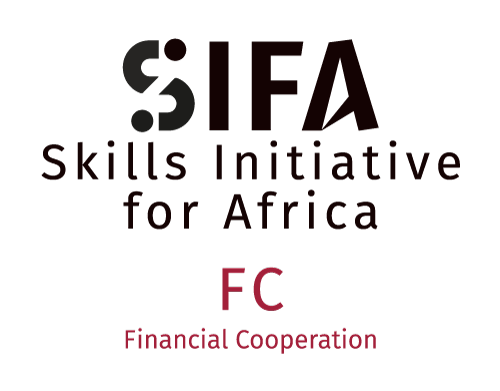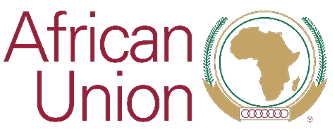Date: 02 - 05 August 2022
Location: Accra, Ghana
Introduction
The African Union Development Agency (AUDA-NEPAD) is pleased to announce the upcoming ‘SIFA Financing Facility Grantee Forum - Fostering peer learning to strengthen results-based implementation’.
The Workshop will take place under the banner of the Skills Initiative for Africa (SIFA) programme whose stated objective is to improve economic prospects of young people through partnerships. As of June 2022, twenty (20) FW1 and FW2 grantee partnership projects are at various stages of implementation in all the 8 beneficiary countries. While some projects are at inception planning, others are well into operationalizing their procurements and works processes including shaping their gender inclusion strategies and curriculum design. We are only at the beginning. Our shared vision is to see the projects emerge as sustainable skills development initiatives well integrated into national strategies and as regional Centres of Excellence showcasing improved quality and promoting innovation for employment-oriented skills development. The progress to date is promising to deliver valuable lessons and good practices to showcase at the close of the Programme in 2025.
Notwithstanding the progress being made, as with all complex programmes, implementation challenges exist. These challenges need to be addressed and appreciated by all stakeholders in order to quicken the pace of project implementation.
Purpose of the Workshop
The purpose of this Workshop is to bring together the SIFA grantees to share aspirations, experiences, and good practices in an interactive space. This is a good opportunity for the grantees, their partners, Country Focal Persons and Country Coordinators to consider the current status, reflect on these experiences to forge strengthened ways of working together towards the Projects’ successes. In this way it is envisaged that this Workshop will set a solid foundation for continuous engagement amongst the stakeholders over the duration of the Programme and beyond.
The workshop will therefore aim to:
- Create the opportunity for Grantees to get to know each other, and to share and exchange information about good practices and approaches.
- Exchange and share experiences to unlock operational challenges and bottlenecks at the institutional level with regard to project management activities and how to address them, including curriculum development, equipment selection, and works-related activities, such as selection of service providers, preparation of tender documents, etc.
- Discuss and agree on a shared understanding on the roles of the Grantee partners, SIFA Focal person and Country coordinator for mutually supportive and improved coordination.
- Plant seeds to build a sustainable learning community, by exploring AUDA-NEPAD knowledge products and their contribution to support the ‘partnership journey’ of the grantees as part of the larger community in the skills development ecosystems including utilisation of the ASPYEE website to support ongoing dialogue and knowledge exchange.
Expected Key Outcomes for Project Success
- Strengthened Country ownership and governance of SIFA FC projects – SIFA FC is meant to be supporting national programmes not operating as a stand-alone set of initiatives.
- Common understanding of how to forge impactful collaboration between the training entities and private sector actors to demonstrate ability to respond to current and future industry demands.
- Strengthened coordination responsibilities of the Focal Persons and SIFA country coordinators in support of project implementation.
- Observed enablers and inhibitors of project implementation inherent in SIFA Operating Guidelines are unlocked and improved ways of managing the SIFA project are unlocked.
In this way, grantees will have a heightened awareness and explored ways to enhance their capacity to effectively project manage implementation of grants, work better with private sector to contribute meaningfully to public sector policy, both at institution and policy level.
Ultimately, we seek through this experience sharing and learning sessions, to create a common understanding among stakeholders towards the building of a community of practice.




